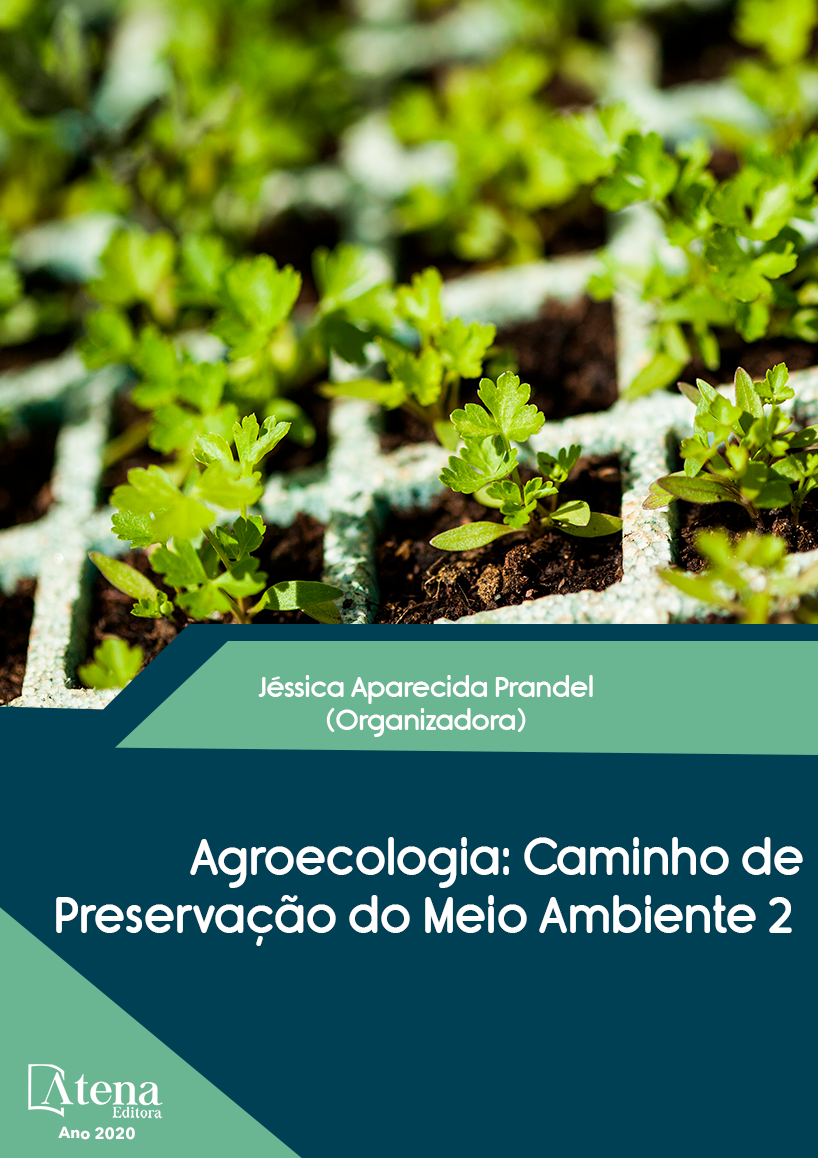
SOMOS MULHERES QUILOMBOLAS: RESISTINDO E CONSTRUINDO AUTONOMIA EM SISTEMAS ALIMENTARES SAUDÁVEIS
o presente texto é fruto de pesquisa de campo qualitativa, onde, através da análise da experiência da inserção das mulheres negras no PNAE municipal, buscou-se compreender a inter-relação entre construção de autonomia feminina quilombola, agroecologia e alimentação. Identificou-se a campo que a inclusão sócio-produtiva das mulheres quilombolas em políticas públicas de incentivo a agricultura familiar e a Segurança Alimentar e Nutricional, associadas à iniciação de processos de transição agroecológica, de educação alimentar e da construção social de circuitos curtos e regionais agroalimentares ecológicos têm assegurado maior autonomia econômica, bem como a formação de novas habilidades e capacidades de agência femininas. Essas subjetividades ativas emergentes têm interferido na ressignificação positivada da alimentação no âmbito escolar e comunitário, da agricultura e das relações de gênero familiares e comunitárias, expressas do maior reconhecimento, na valorização e na visibilidade do trabalho feminino. Outrossim às mulheres apontam para a reivindicação da ampliação do reconhecimento, valorização e visibilização de suas agências individuais e coletivas na produção e na gestão e ações coletivas comunitárias e territoriais.
SOMOS MULHERES QUILOMBOLAS: RESISTINDO E CONSTRUINDO AUTONOMIA EM SISTEMAS ALIMENTARES SAUDÁVEIS
-
DOI: 10.22533/at.ed.16220290419
-
Palavras-chave: mulheres negras; mulheres quilombolas; agroecologia; segurança alimentar e nutricional
-
Keywords: black women; quilombola women; agroecology; food and nutrition security
-
Abstract:
this text is the result of a qualitative field research, where, by analyzing the experience of the insertion of black women in the municipal PNAE, we sought to understand the interrelationship between the construction of female quilombola autonomy, agroecology and diet. It was identified in the field that the socio-productive inclusion of quilombola women in public policies to encourage family farming and food and nutrition security, associated with the initiation of processes of agroecological transition, food education and the social construction of short and regional circuits. Green agri-food products have ensured greater economic autonomy, as well as the formation of new female agency skills and capacities. These emerging active subjectivities have interfered with the positive resignification of school and community food, agriculture, and family and community gender relations, expressed by greater recognition, appreciation, and visibility of women's work. In addition, women point to the demand for greater recognition, appreciation and visibility of their individual and collective agencies in the production and management and collective actions of communities and territories.
-
Número de páginas: 26
- Carla Fernanda Galvão Pereira
- Islandia Bezerra
- CRISTIANE CORADIN


